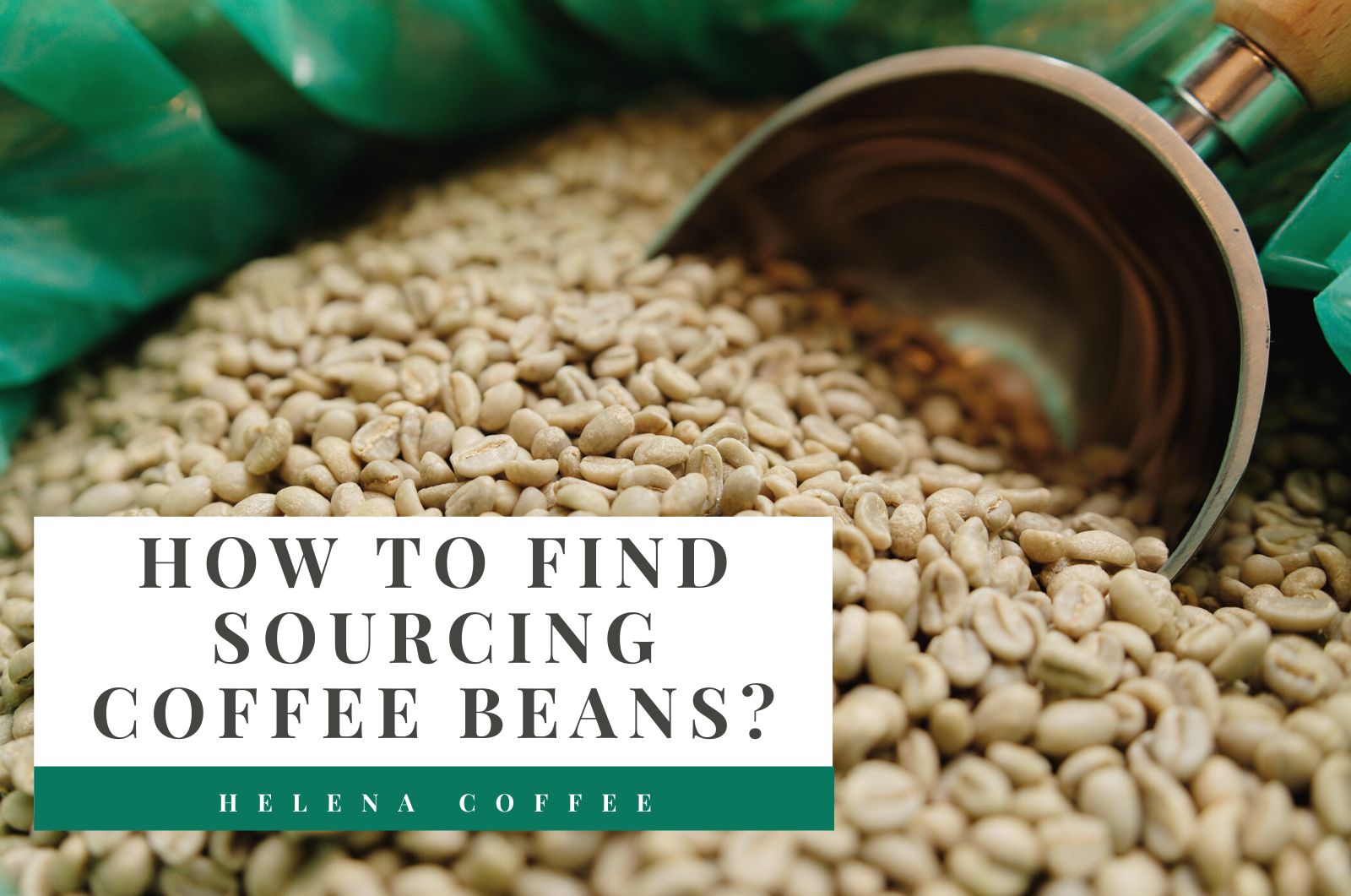
How To Find Sourcing Coffee Beans? – It might be challenging to find speciality coffee beans and sourcing coffee beans because so few of us are aware of the wide range of available coffee beans.
It is crucial to understand where to get coffee beans since an increasing number of people are feeling the want to learn more about the origin and distinctive qualities of their coffee beans.
There are so many different types of coffee users and lovers who want to indulge in the finest beans available for their favourite brewing techniques.
Because there are so many factors to consider when selecting coffee beans, coffee companies, manufacturers, and roasters put in a lot of effort to obtain the designation of sourcing coffee beans.
How should coffee beans be sourced? The secret to finding the most excellent coffee beans is to build long-lasting, direct connections with coffee producers and cooperatives that are fair and sustainable.
To save you time and money, we will show you how to find sourcing coffee beans in this article.
What is the real story behind sourcing coffee beans?
Coffee beans are constantly bought. Thus, the process and function of bean sourcing are both considered.
The function includes placing phone calls, sending emails, sending texts, and finalizing orders, whether they are placed in person or online.
On the other hand, obtaining coffee is a complicated procedure. In addition to having a unique flavour and quality, speciality coffee also reflects the region it is produced in. coffee beans of origin.
It takes experience to master the strategy, execution, and decision-making processes since they are so tricky.
The decision to purchase coffee depends on several factors, including price, availability, quality, and relationships.
It’s unwise to spend too much on something. So, when making a purchase, we must pay close attention to the details and varieties of coffee beans.
Summary of speciality coffee
Coffee is not just for coffee enthusiasts. Much more than that is involved. The globe is experiencing a new wave of speciality coffee.
This kind of coffee emphasizes the coffee’s quality, origin, transparency, brewing technique, and other factors.
Speciality coffee is renowned for its potent aroma and flavour and for knowing where it originates.
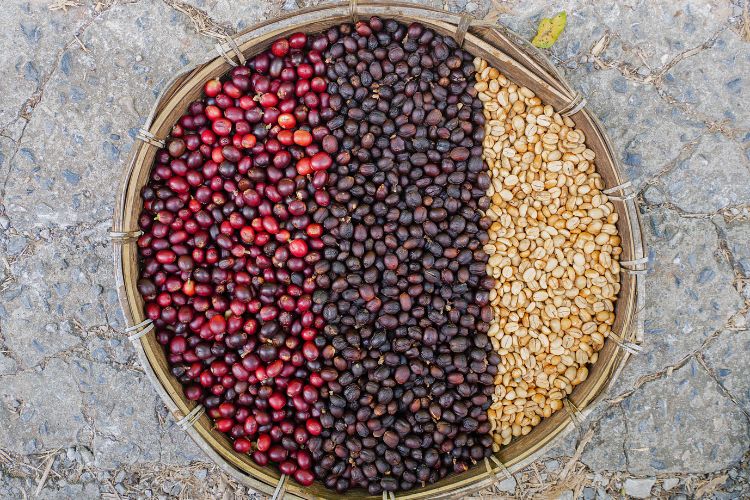
Because you may drink coffee that is flavorful and has a thick texture, many consumers and coffee enthusiasts enjoy the taste of this variety.
Speciality coffee comes with premium oils and aroma; when it’s fresh, it has a lovely glossy appearance.
As a result, you can understand how important it is to source and process this kind of coffee beans. The taste and origin of these coffees vary from other varieties of coffee due to the growing process.
What country grows coffee?
The industry’s equatorial region, called the coffee bean belt, is where coffee is grown. Coffee farm, the coffee plant
The various altitude levels affect this as well. The coffee’s flavour and aroma are determined by where it is grown.
How can speciality coffee beans be sourced?
If you enjoy coffee, you’ve probably heard phrases like “direct trade,” “fair trade,” or “ethically sourced.”
You will typically find all this information labelled on the box for speciality coffee.
Before being roasted, green coffee beans go through various phases from different customers until or till you get it in your cup.
In many instances, another party is directly negotiating with the farmers.
Working with an importer is one strategy that essentially eliminates the paperwork and risk involved in purchasing green coffee beans straight from a farm.
These skilled professionals know how to acquire coffee while preserving consistency and quality.
That implies that you, the roaster, need not stress over all the particulars related to importing your preferred coffees.
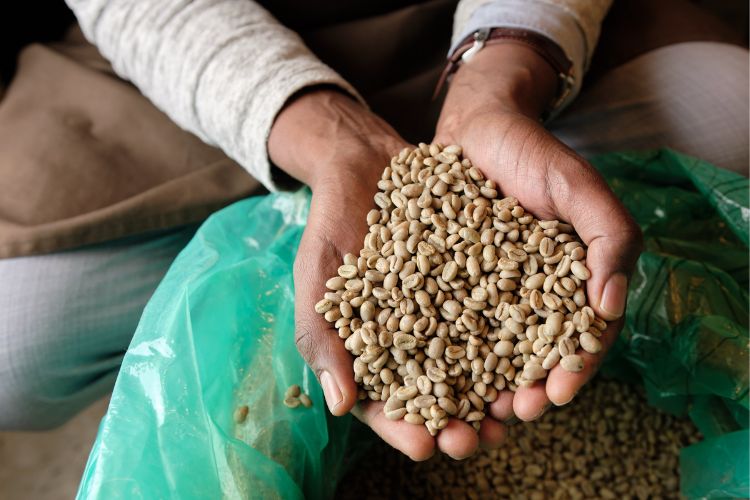
To ensure that coffee producers receive a fair and transparent price over and beyond the Fairtrade base price, certain roasters are dedicated to sourcing their coffee through direct trade.
This entails purchasing coffee straight from the source so that you can try to establish long-lasting, mutually beneficial partnerships with communities that grow coffee.
Fairtrade coffee: What is it?
The organization Fair-trade is based in the USA. It certifies the farms and establishes rigid, uniform rules.
Fair-trade is a fantastic idea to spread worldwide since roasters want to guarantee a higher quality standard for their money.
Fair and direct trading with small-scale producers is crucial, and providing customers with moral options is essential.
Direct trade coffee: What is it?
On the other hand, many specialized roasters go to the countries of origin to negotiate directly with the farmers.
Because there will be less of a middleman in this transaction, roasters can purchase speciality grade coffee beans for less money.
Many roasters claim to eliminate the intermediary from the supply chain and promote direct trade between growers and roasters.
This kind of cooperation is crucial since small-scale coffee farmers may find it challenging to obtain the demand they want to survive.
This kind of collaboration is crucial for Africa.
How can find sourcing coffee beans?
Coffee beans don’t always have to be sourced in their raw state; you may also find coffee beans that have already been roasted.
Several options exist for purchasing freshly roasted, speciality-grade coffee beans, including;
- Fresh from the roaster
- Cafés and Coffee Shops
- Internet shops
- Gourmet Food Shops
If you don’t know where to get speciality coffee beans, you should go to your local roasting shops because you may get coffee beans from all over the world.
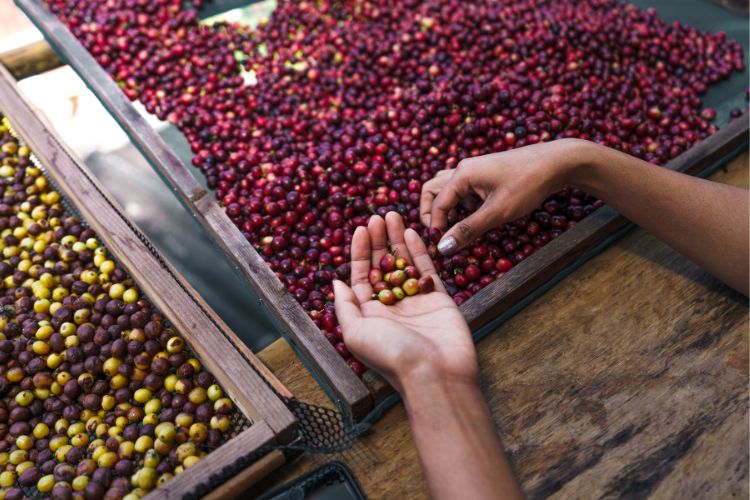
Before coffee beans are exported, storage must be carefully considered.
Therefore, it would help if you acquired your coffee beans from a retailer or roaster with proper storage capabilities.
Ensure the coffee bag has an air valve for optimum results. These air valves continually let out gasses and will keep the coffee in the packet fresh.
Quality assurance, packaging, labelling, and shipping are crucial with speciality coffee.
From which regions can you buy speciality coffee?
Numerous flavours of coffee are produced in various areas. Let’s examine the range of coffee flavours.
Central America
In Central America, coffee is extensively grown. These are grown at higher altitudes and processed using the washing method.
Customers who purchase these coffee beans will experience a high flavour clarity.
Mexican coffee is one of this region’s outliers, though. The majority of those beans are raised at lower elevations.
This produces a robust coffee bean body and rich flavour.
However, some of the best coffee beans in the region are grown in Panama. The coffee beans here have a bright, crunchy, and floral flavour.
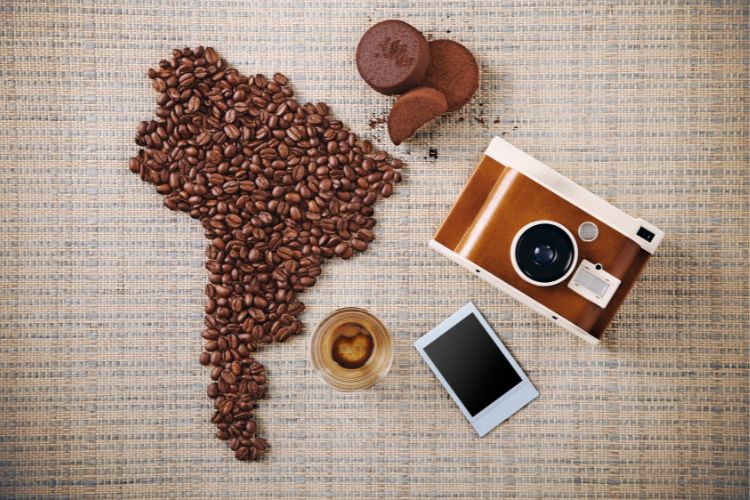
South America
One of the vast continents is this one. They practice a great deal of difference and variation when it comes to coffee growing.
You can choose from a wide range of flavours, including fruity, nutty, earthy, and more.
Ecuadorian coffee has a fruity undertone and is quite sharp.
Brazil and Colombia both produce highly unique coffee beans of a high calibre with a robust body and mellow acidity.
Asia
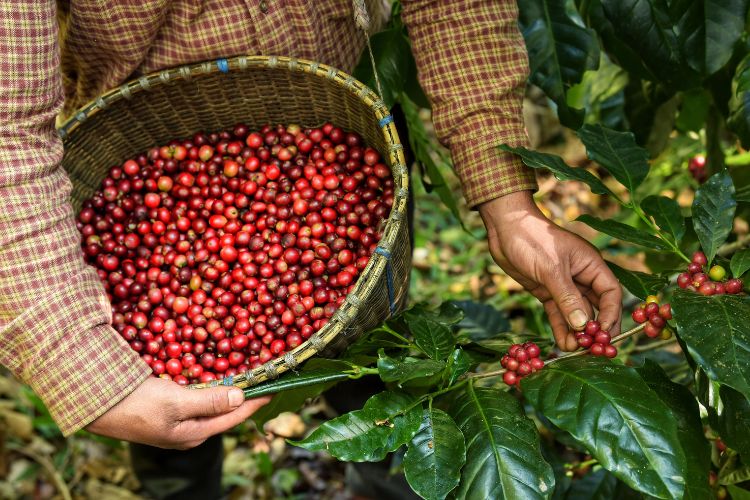
Again, southeast Asia is where a lot of coffee is grown and imported. From Myanmar, Vietnam, and Thailand, we may import coffee.
These premium coffee beans have crisp flavour notes and peppery flavour.
Africa
We all know that Ethiopia is where coffee originated.
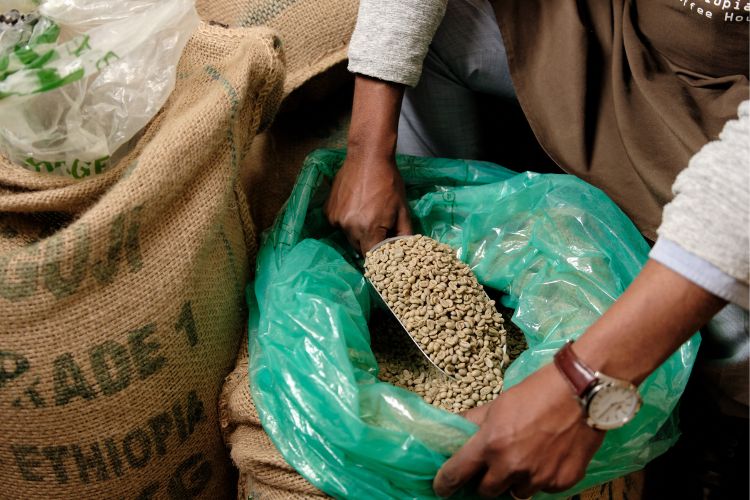
The location is well-known for the way coffee beans are processed naturally. Their coffee beans have an unusual, wild, and delicious scent.
Burundi, on the other hand, creates light-bodied coffee beans. The acidity and unusual fruity scents will be visible in this. Kenya, on the other hand, yields a less fruity flavour.
Exactly how is speciality coffee made?
Coffee cherries, which resemble cherries and contain the actual coffee beans, are plucked from the coffee tree as soon as they begin to grow.
Two techniques are most frequently used to prepare these cherries.
Organic Process
Coffee cherries are spread out to dry in the sun as part of a natural process after being harvested and allowed to ferment.
Before separating and removing the cherry flesh layer from the coffee beans, it is a crucial step.
The coffee beans absorb the taste of fruity flavours during the fermentation process.
processing of coffee, gourmet coffee, and natural process
This is the original processing technique, which is thought to have come from Ethiopia.
Washed Method
The natural procedure is significantly different from this one.
The coffee beans are dried along with the cherry, separated and removed.
This procedure yields high-quality coffee and preserves the original coffee flavour. It also uses a lot of water.
The washed procedure is one of the most well-known and often employed coffee processing techniques worldwide.
Conclusion
In general, figuring out the nuances of coffee procurement can seem daunting and challenging.
But now that you know where to find sourcing coffee beans, you can make sure you can offer the best coffee beans to the vast range of coffee fans and consumers.
The process is straightforward if you want to buy your coffee beans from an importer, but you might have a little more work if you buy them directly from a coffee farm.
Whether you use a direct or fair trade approach, learning how to acquire speciality coffee beans is something you should do since it is worthwhile.